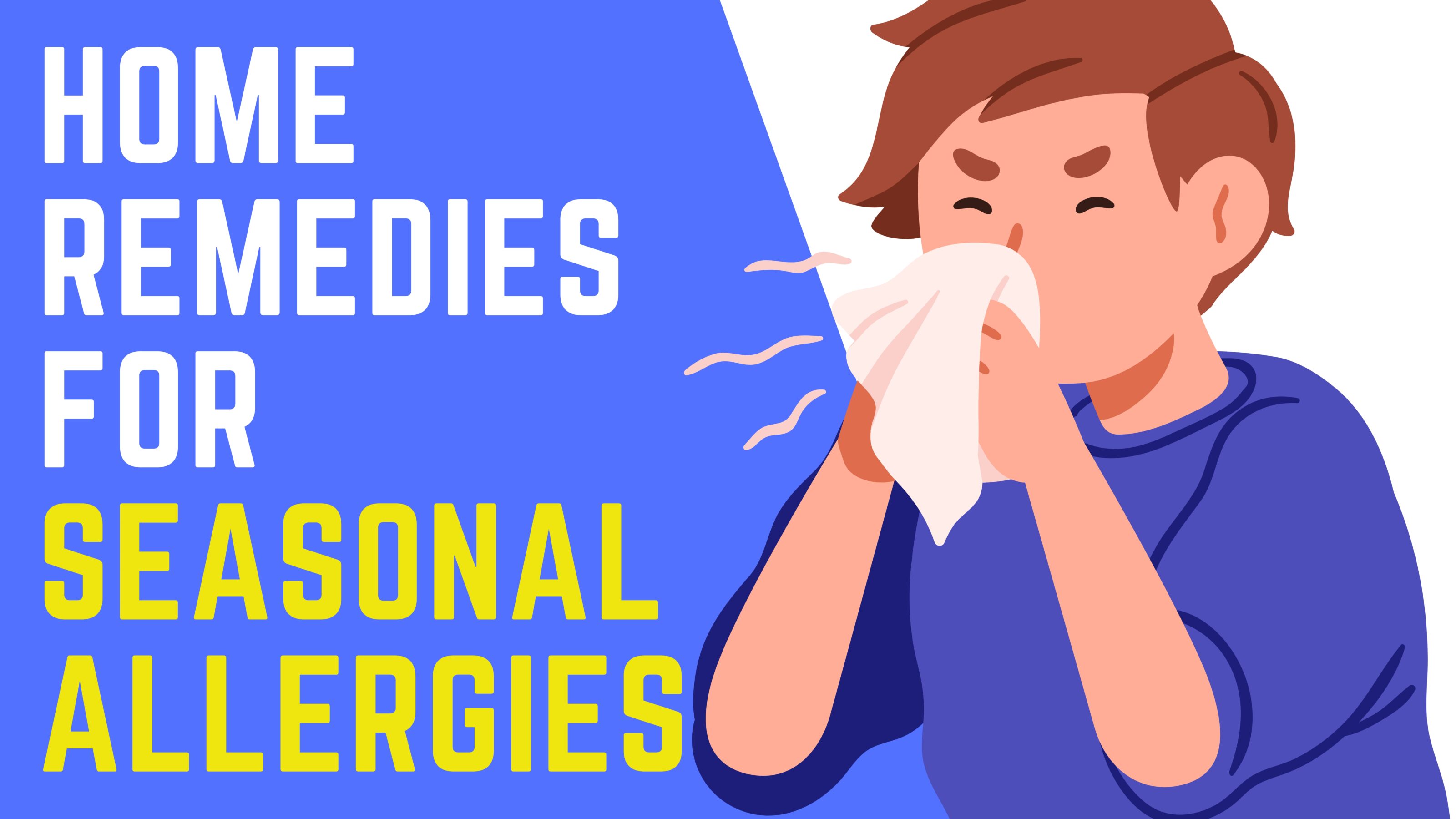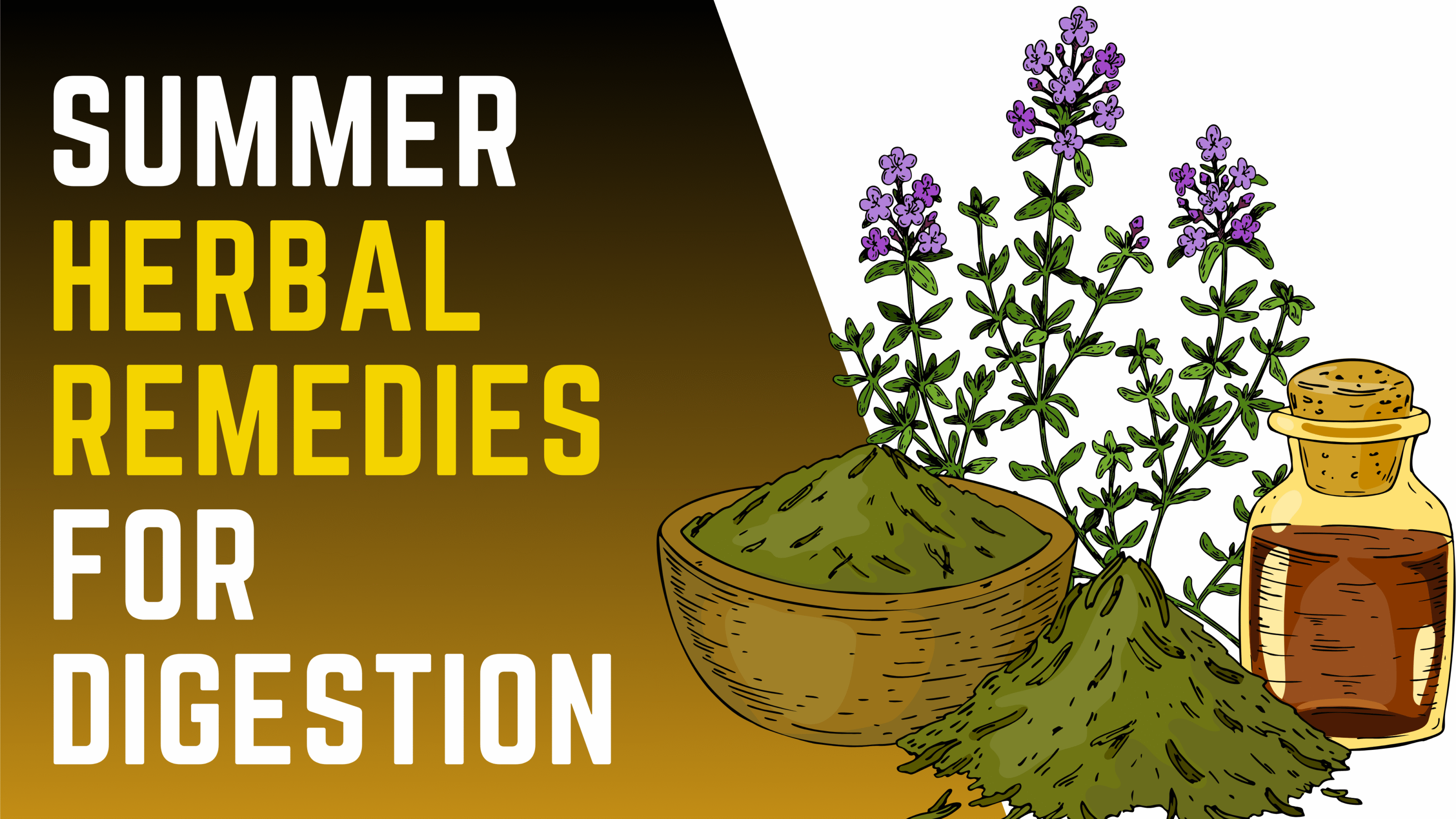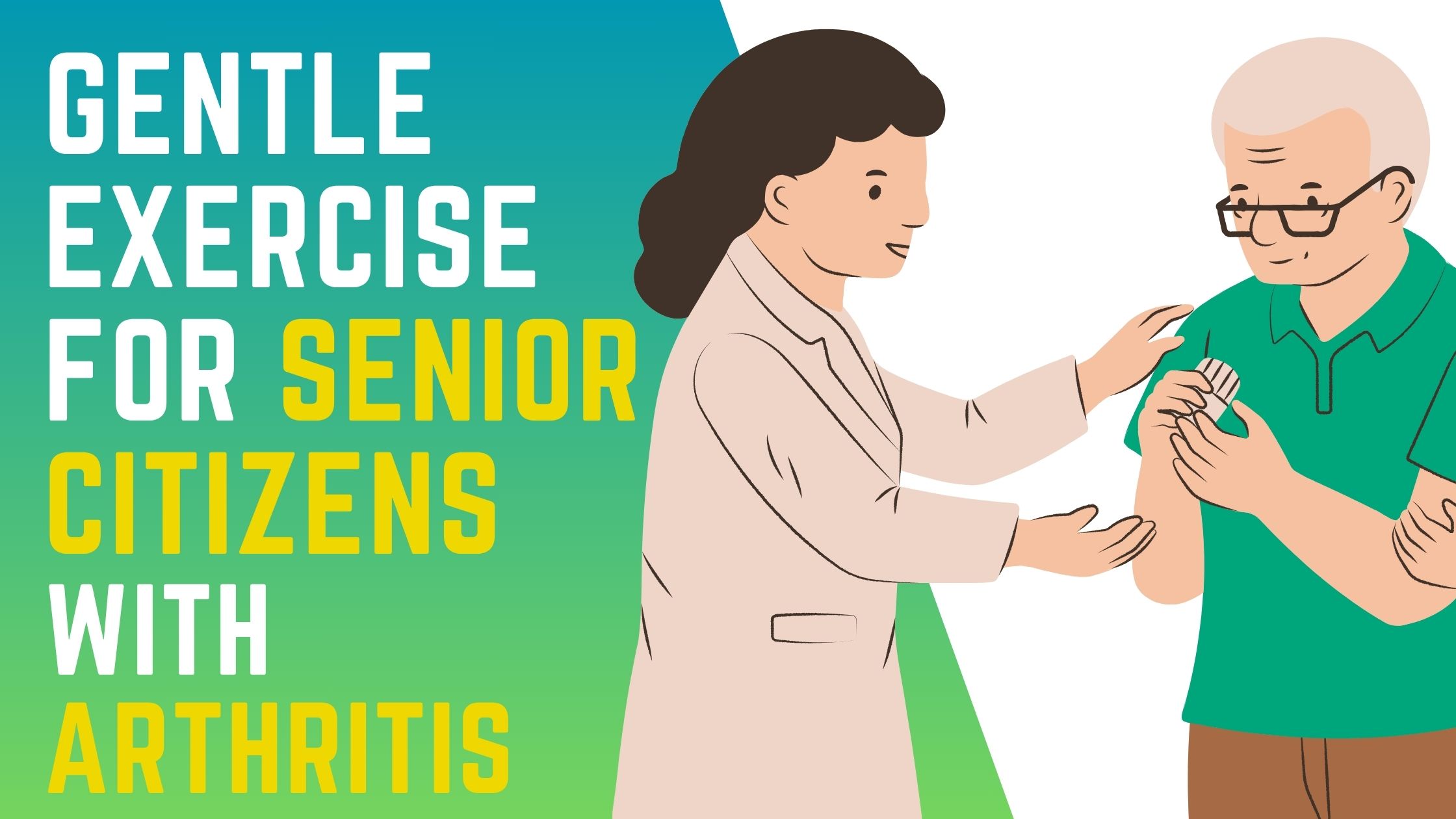Migraines can be debilitating, stealing away hours or even days of your life with throbbing pain, nausea, and sensitivity to light and sound. While medications are often necessary, many people are also turning to natural remedies for a more holistic approach to managing migraine symptoms and reducing their frequency. Below are some time-tested, science-based natural remedies that can offer relief or even help prevent migraines.
1. Magnesium Supplements
Magnesium deficiency has been linked to migraines in some individuals. Research suggests that taking 400–500 mg of magnesium daily may reduce the frequency of migraines, especially for those who experience aura. Magnesium-rich foods such as spinach, almonds, avocado, and black beans can also help.
Tip: Start with food-based sources first and consult your doctor before adding supplements, especially if you have kidney issues.

2. Essential Oils
Peppermint and lavender essential oils are among the most popular for migraine relief. Peppermint oil can help open up the sinuses and ease tension headaches when applied to the temples, while lavender oil is known for its calming, sedative effect.
How to Use: Mix with a carrier oil like coconut or almond oil and massage onto your temples, forehead, or the back of your neck. Inhaling through a diffuser also works wonders.
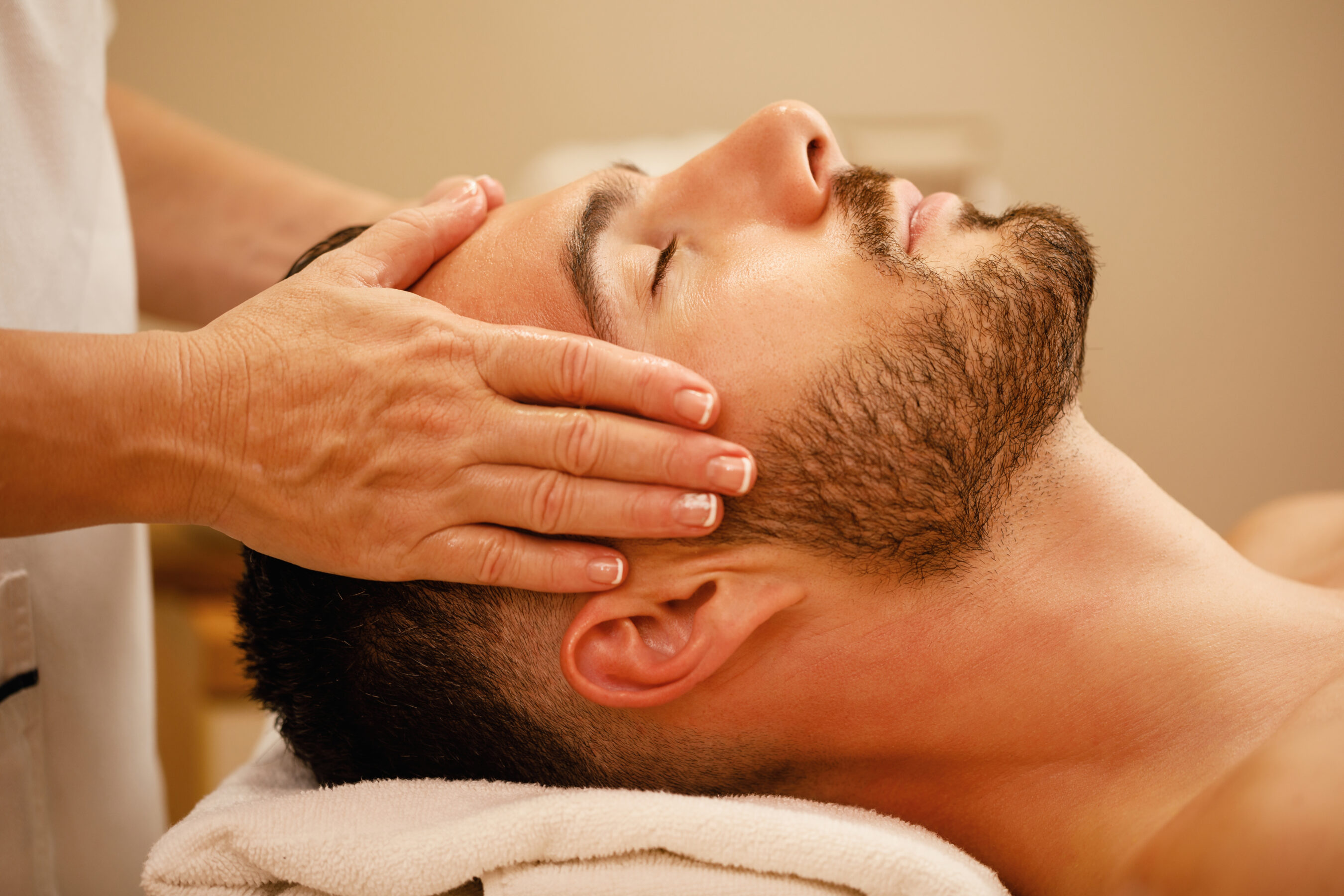
3. Hydration and Electrolytes
Dehydration is a common caues. Drinking plenty of water and replenishing electrolytes with drinks that contain potassium, sodium, and magnesium—can prevent and sometimes even stop a migraine in its early stages.
Quick Fix: Try sipping on coconut water or adding a pinch of Himalayan salt to your water for natural electrolyte support.

4. Herbal Remedies
- Feverfew and butterbur are two herbs often associated with migraine relief.
- Feverfew is believed to reduce inflammation and smooth muscle contractions.
- Butterbur has been shown in some studies to reduce the frequency of migraines.
Caution: Butterbur must be PA-free (pyrrolizidine alkaloid-free) to avoid liver toxicity. Always purchase from reputable brands and consult a healthcare provider before use.
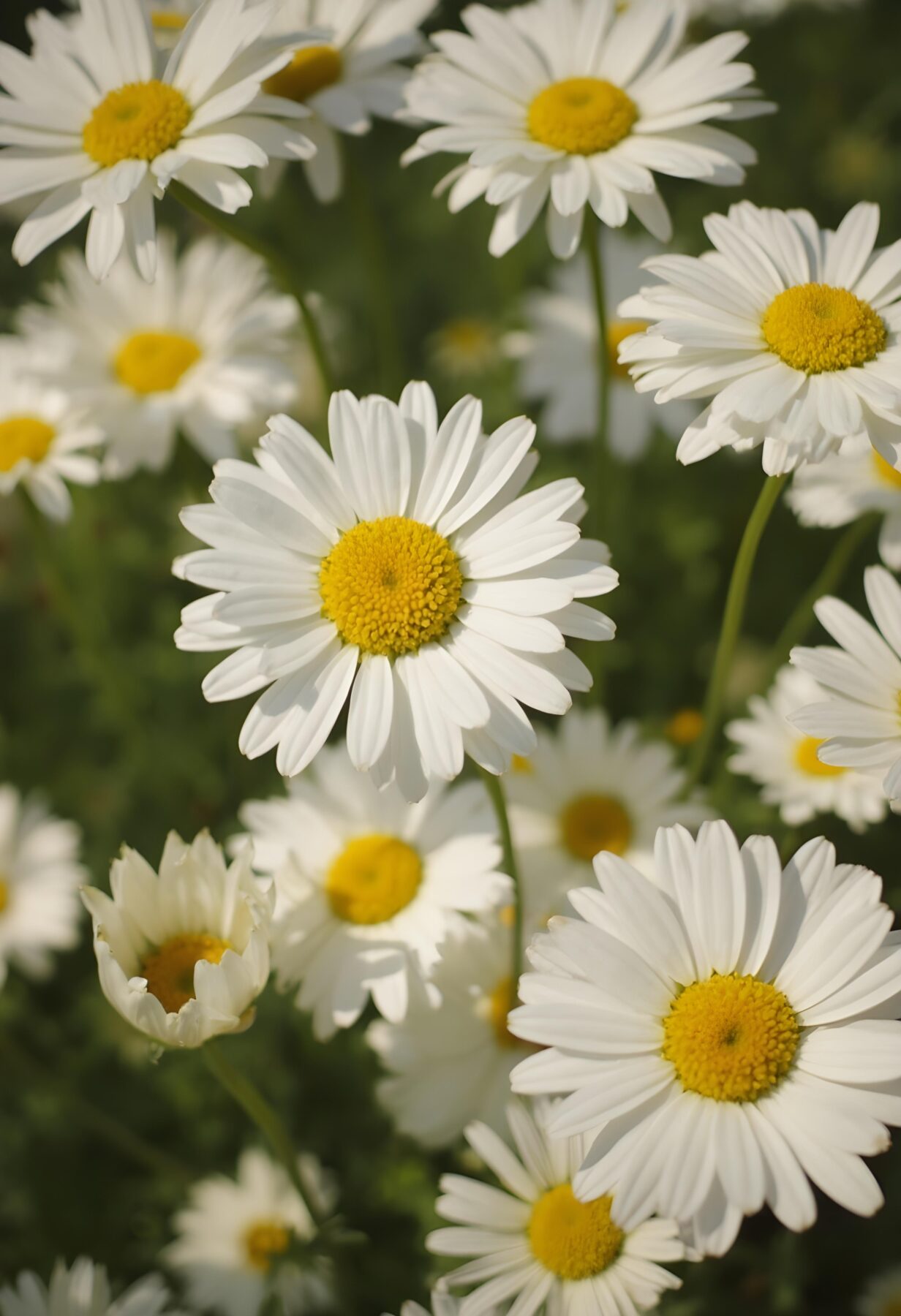
5. Acupressure and Acupuncture
These ancient Chinese therapies involve stimulating certain pressure points on the body to improve energy flow and relieve tension. Regular acupuncture sessions have shown promise in preventing migraines, while acupressure can be self-applied for quick relief.
DIY Tip: Try pressing the LI-4 point—the fleshy area between your thumb and index finger—for a couple of minutes at the onset of a migraine.
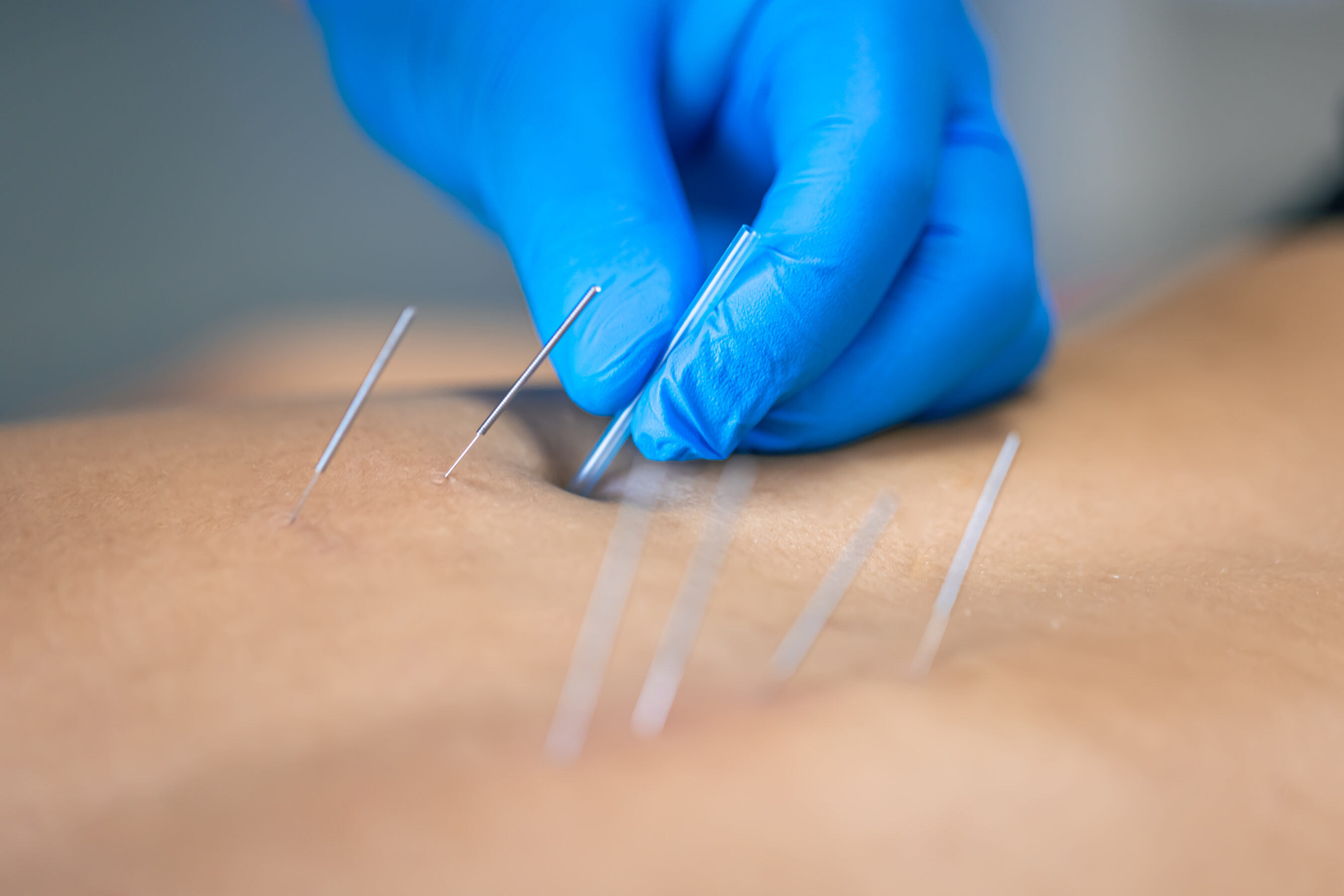
6. Caffeine (In Moderation)
Caffeine can be a double-edged sword: while excessive use may trigger headaches, small doses can actually help. It’s a common ingredient in many over-the-counter migraine medications due to its ability to narrow blood vessels and enhance the effectiveness of pain relievers.
Note: Use caffeine cautiously and monitor your own triggers to see if it helps or hinders.

Also Read : How To Treat Anxiety And Depression Without Medication
7. Yoga and Relaxation Techniques
Chronic stress is one of the biggest migraine triggers. Gentle yoga, meditation, and deep breathing exercises can help reduce stress hormones and improve circulation, offering both immediate and long-term relief.
Try This: The “legs up the wall” yoga pose and guided meditation for headache relief on apps like Headspace or Insight Timer.

8. Dietary Adjustments
Certain foods—like aged cheese, processed meats, chocolate, and foods containing MSG can trigger migraines. Keeping a food diary can help identify personal triggers.
Helpful Habit: Once a trigger is identified, eliminate it for a few weeks and monitor any changes in your symptoms.

Final Thoughts
While migraines can’t always be avoided, natural remedies offer gentle, non-invasive ways to reduce their intensity and frequency. It’s important to remember that what works for one person may not work for another, and the best approach is usually a combination of lifestyle adjustments and medical guidance.
If your migraines are severe or frequent, consult a healthcare professional to rule out underlying causes and develop a treatment plan that integrates both natural and conventional methods.
Read more about : Cancer Treatment Refusal: A Deep Dive into the Psychological and Emotional Factors

